The Minister of Foreign Affairs, Bogdan Aurescu, participated on Monday, in Brussels, in the meeting of the heads of diplomacy from the EU member states - the Foreign Affairs Council, as well as in the joint meeting of the ministers of Foreign Affairs and of the Ministers of Defense from the EU countries.
At the Foreign Affairs Council, the European foreign ministers had an in-depth exchange of discussions regarding Russia's aggression against Ukraine, the implementation of the EU Action Plan for managing its geopolitical consequences, the situation in Tunisia and developments in Iran. High Representative Josep Borrell presented the latest developments regarding the Belgrade - Pristina dialogue.
The discussions regarding Russia's aggression against Ukraine took place with the participation, via videoconference, of the Minister of Foreign Affairs from Kyiv, Dmytro Kuleba, told Agerpres.
According to a press release from the Ministry of Foreign Affairs (MAE), Minister Aurescu highlighted the multiple consequences of the security crisis triggered by the Russian Federation, which have an impact beyond the borders of Ukraine. In this context, he also drew attention to the destabilizing Russian actions directed against the pro-European authorities in Chisinau.
The MAE informs that Aurescu expressed support for the continuation of the EU's collective efforts to back Ukraine, including by supplying ammunition, through the new measures proposed by High Representative Josep Borrell and agreed on Monday.
He also emphasized the need to continue isolating Russia at the international level, as well as to maintain the pressure on this country by strengthening the regime of sanctions against it and Belarus, respectively the efficiency of the implementation of the restrictive measures in force.
The foreign minister reiterated, with reference to the recent arrest warrants issued by the International Criminal Court (ICC), that no one should benefit from impunity for the international crimes committed in Ukraine by Russia and reiterated Romania's full support for the ICC, being one of the 43 states that, a year ago, notified the Court for war crimes, crimes against humanity and genocide.
The Romanian official mentioned as positive the extension of the application of the Black Sea Grains Initiative, evoking the continuation of Romania's support by improving the connectivity between the two states by opening two new border points from the beginning of this year, as well as the aid for the export of over 14 million tonnes of Ukrainian grain in transit through Romania.
He informed about the organization in Bucharest, next month, by Romania and Ukraine, of the Conference on Security in the Black Sea under the auspices of the Crimea International Platform.
According to the MAE, Minister Aurescu also referred to the latest developments in Chisinau, particularly regarding the recent destabilizing actions and the latest protests organized with the involvement and support of Russia. Thus, the head of Romanian diplomacy emphasized the need to increase EU assistance for strengthening the resilience and security of the Republic of Moldova and the general support for the advancement of the accession process, but also the importance of the rapid establishment of the EU civilian mission in the field of internal security in the Republic of Moldova according to the calendar.
He also highlighted the need to create a new sanctions regime, a proposal he launched at the Foreign Affairs Council in February, which would target the people responsible for destabilizing actions in the Republic of Moldova. The minister emphasized that Romania is already working on this aspect. The MAE specifies that the European Foreign Ministers have expressed support for the rapid creation of this sanctions regime proposed by Bogdan Aurescu.
The Romanian minister proposed that the situation in the Republic of Moldova be included on the agenda of a future Foreign Affairs Council meeting, as soon as possible. He also proposed bringing back the topic of protracted conflicts on the agenda of a Foreign Affairs Council meeting this spring, considering the need for a visible and substantial EU action on this subject, especially in the current regional security context. The subject of protracted conflicts was brought to the active agenda at the proposal of the Romanian foreign minister in 2020 and 2021. Also at the proposal of Minister Aurescu, such a discussion was also organized in the framework of the meeting of the ministers of foreign affairs of the EU states in Lisbon, from 2021. The MAE mentions as an effect of this discussion the launch of the EU Monitoring Mission in Armenia, at the border with Azerbaijan, recently operationalized.
The MAE shows that, regarding the developments in Iran, the Romanian side reiterated its concern about the human rights situation, the approach to the nuclear file, as well as the military cooperation with Russia and mentioned the need to maintain pressure on the regime to change Tehran's behavior. He welcomed the adoption on Monday of a new package of restrictive measures against Iran in the field of human rights.
During the joint meeting of the ministers of foreign affairs and the ministers of defense from the EU member states, the implementation of the Strategic Compass was evaluated one year after its adoption and the new EU assistance measures for Ukraine, aimed at the rapid supply of ammunition, were discussed.
As to the Strategic Compass, the Romanian foreign minister expressed satisfaction with the results recorded after one year of implementation.
At the same time, Minister Aurescu welcomed the launch of the EU Military Assistance Mission for the Ukrainian Armed Forces, as well as the progress made in combating hybrid and cyber threats.
On Monday, Minister Aurescu also participated in the International Conference of Donors for Turkey and Syria as a result of the February earthquake.

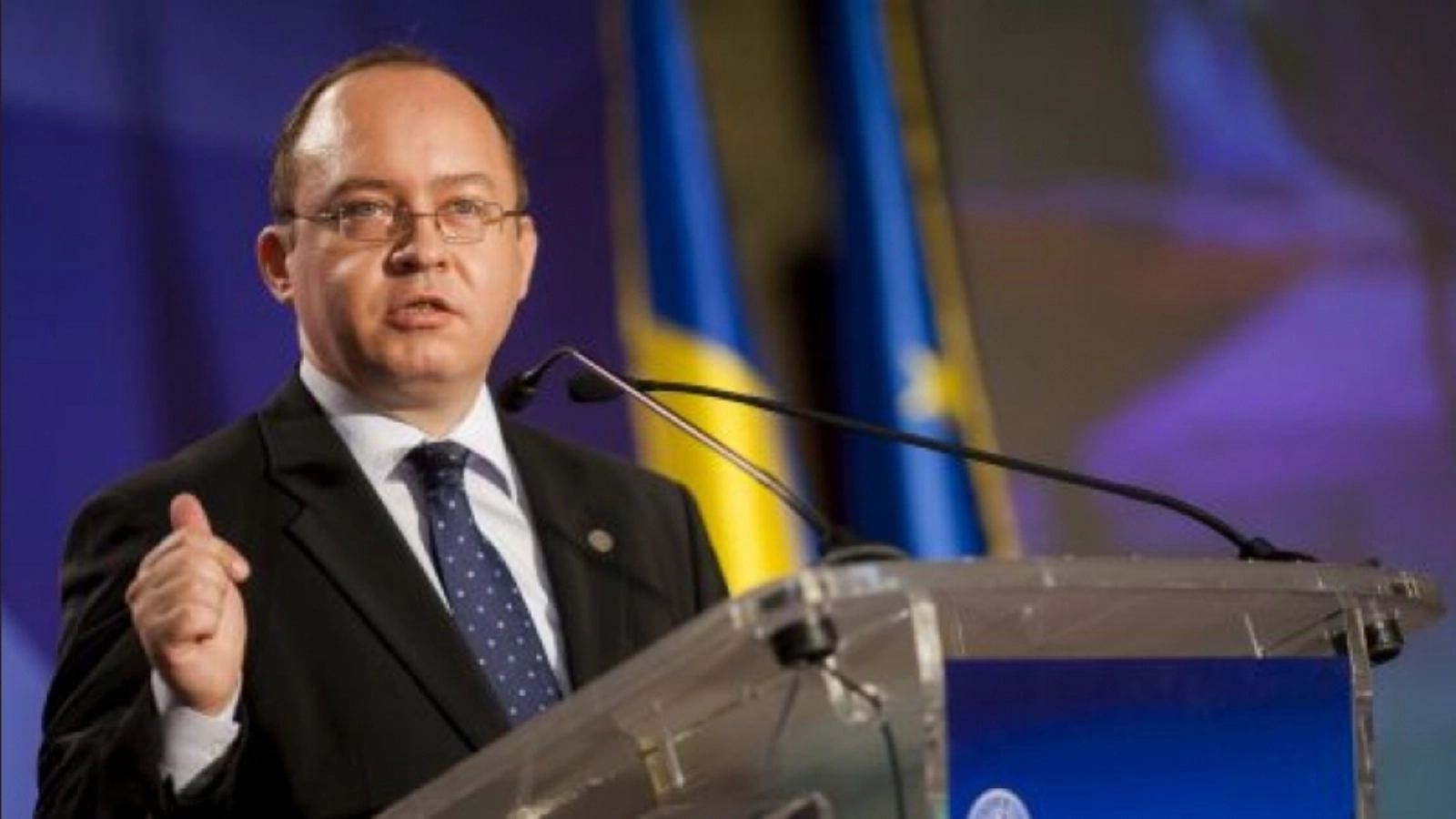








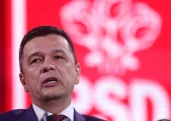
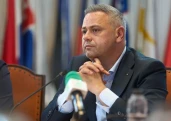
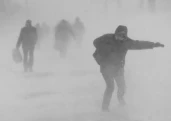



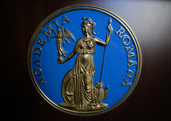
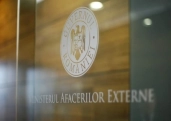


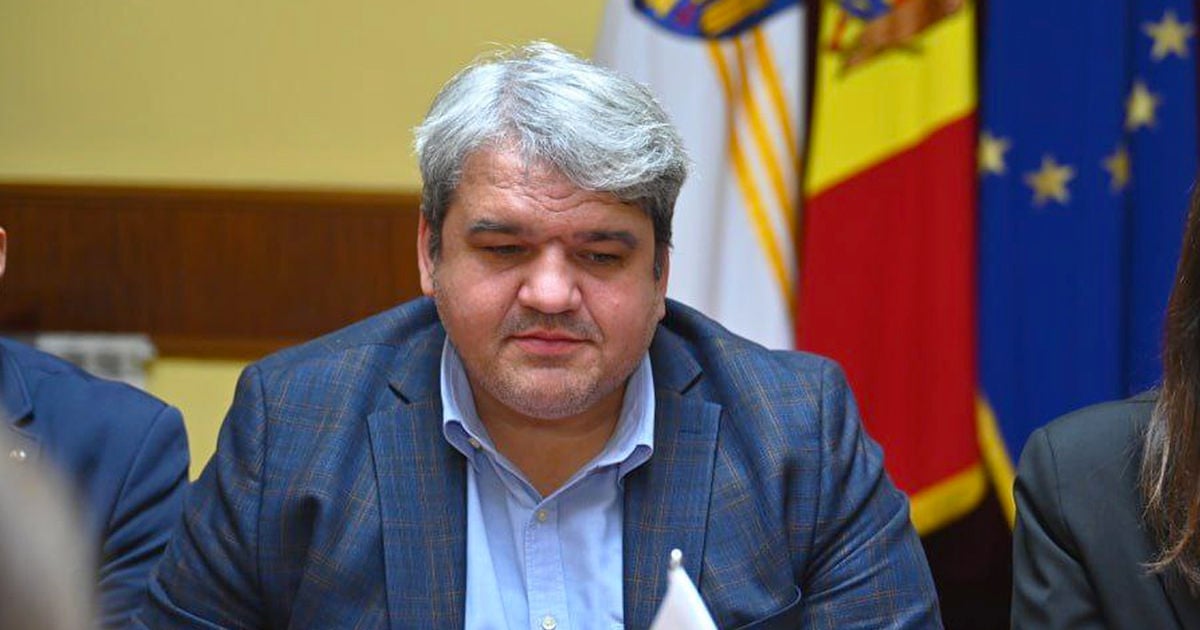











Comentează